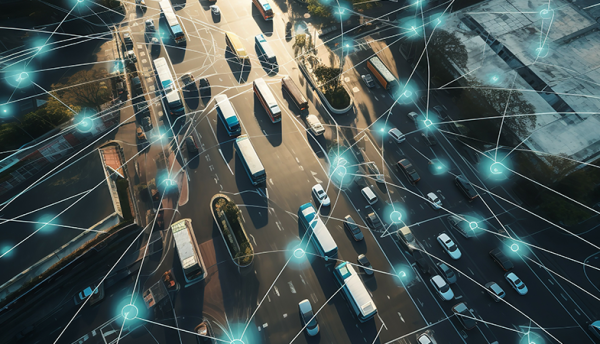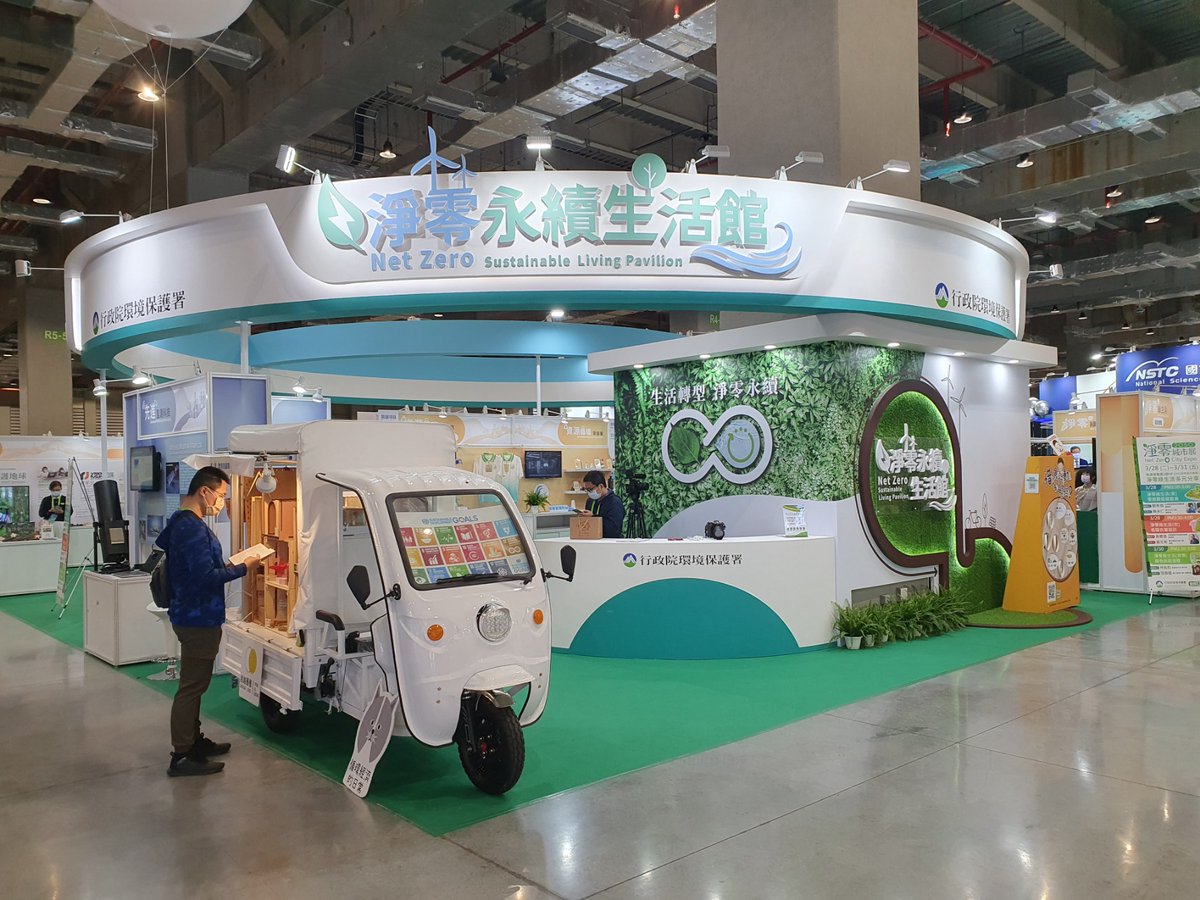Taipei has emerged as a global leader in smart transportation, integrating cutting-edge technologies to enhance urban mobility, reduce carbon emissions, and improve the quality of life for its residents. Through a combination of advanced infrastructure, innovative policies, and public-private partnerships, the city is redefining the future of urban transit.
A. Taipei Metro: Backbone of Urban Mobility
Since its inauguration in 1996, the Taipei Metro, commonly known as the Jieyun, has been the cornerstone of the city’s transportation network. Spanning over 75 kilometers with 69 stations, it serves approximately 1.1 million passengers daily. The system is renowned for its cleanliness, punctuality, and user-friendly features, including bilingual announcements and air-conditioned stations.
Innovations such as the EasyCard—a reusable smart card have streamlined fare collection and encouraged public transit use. The Metro’s commitment to environmental sustainability is evident in its adoption of recyclable materials and energy-efficient technologies.
B. Green Transportation Initiatives
Taipei’s dedication to eco-friendly transportation is evident in its comprehensive green mobility policies:
1. Transit-Oriented Development (TOD)
The city employs TOD principles to create pedestrian-friendly environments, integrating land use and transportation planning to reduce reliance on private vehicles.
2. Electric Buses and Scooters
Taipei has initiated programs to replace diesel buses with electric ones, aiming for a fully electrified bus fleet by 2030. Subsidies for electric scooters and the expansion of charging infrastructure further support this transition.
3. YouBike 2.0
The city’s bike-sharing program, YouBike, has evolved with the introduction of YouBike 2.0, featuring improved accessibility and integration with the EasyCard system. By the end of 2022, Taipei planned to install 1,200 YouBike stations, promoting cycling as a viable commuting option.
C. Smart City Summit & Expo: Showcasing Innovation
Taipei hosts the annual Smart City Summit & Expo, Asia’s largest event of its kind, attracting global participants to explore advancements in urban technology. The 2025 edition highlighted several key innovations:
1. AI-Powered Traffic Management
Artificial intelligence and big data analytics are employed to optimize traffic flow, reducing congestion and improving safety.
2. 5G and Vehicle to Everything (V2X) Connectivity
The integration of 5G technology facilitates real-time communication between vehicles, infrastructure, and pedestrians, paving the way for autonomous transportation.
3. Smart Public Transit Systems
Advanced fleet management and real-time tracking enhance the efficiency and reliability of public transportation services.
4. Autonomous Vehicles
Demonstrations of self-driving buses and taxis underscore Taipei’s commitment to embracing autonomous mobility solutions.
5. Smart Parking Solutions
IoT-enabled parking systems provide real-time information on available spaces, streamlining the parking experience and reducing traffic congestion.
D. Integration of Technology in Transportation
Taipei’s transportation ecosystem leverages various technologies to enhance user experience and operational efficiency:
1. EasyCard System
The EasyCard serves as a unified payment method across multiple transportation modes, including buses, metro, and YouBike, simplifying fare transactions.
2. Data Driven Bus Route Optimization
Utilizing big data, the city continuously refines bus routes to meet changing demand patterns, ensuring timely and efficient service.
3. Low Floor and Accessible Buses
The introduction of low-floor buses enhances accessibility for all passengers, including those with mobility challenges.
E. Future Developments and Expansion
Taipei continues to invest in expanding and upgrading its transportation infrastructure:
1. Wanda Zhonghe Shulin Line
Scheduled for completion in 2027, this new metro line will add 22.1 kilometers to the network, improving connectivity between Taipei and New Taipei City.
2. Circular Line
The Circular Line, featuring driverless technology, enhances the metro system’s efficiency and coverage, facilitating seamless travel across the metropolitan area.
F. Commitment to Sustainability and Innovation
Taipei’s approach to transportation is rooted in sustainability and continuous innovation:
1. Carbon Emission Monitoring
The city employs AI and environmental sensing technologies to monitor transportation-related emissions, informing policies aimed at reducing the carbon footprint.
2. Public Private Partnerships
Collaborations with private entities, such as Giant Bicycles for the YouBike program, exemplify Taipei’s strategy of leveraging expertise to enhance public services.
Conclusion
Taipei’s comprehensive and forward-thinking transportation strategies serve as a model for cities worldwide. By integrating technology, sustainability, and user-centric design, the city continues to transform its urban mobility landscape, ensuring a more connected and environmentally responsible future.











